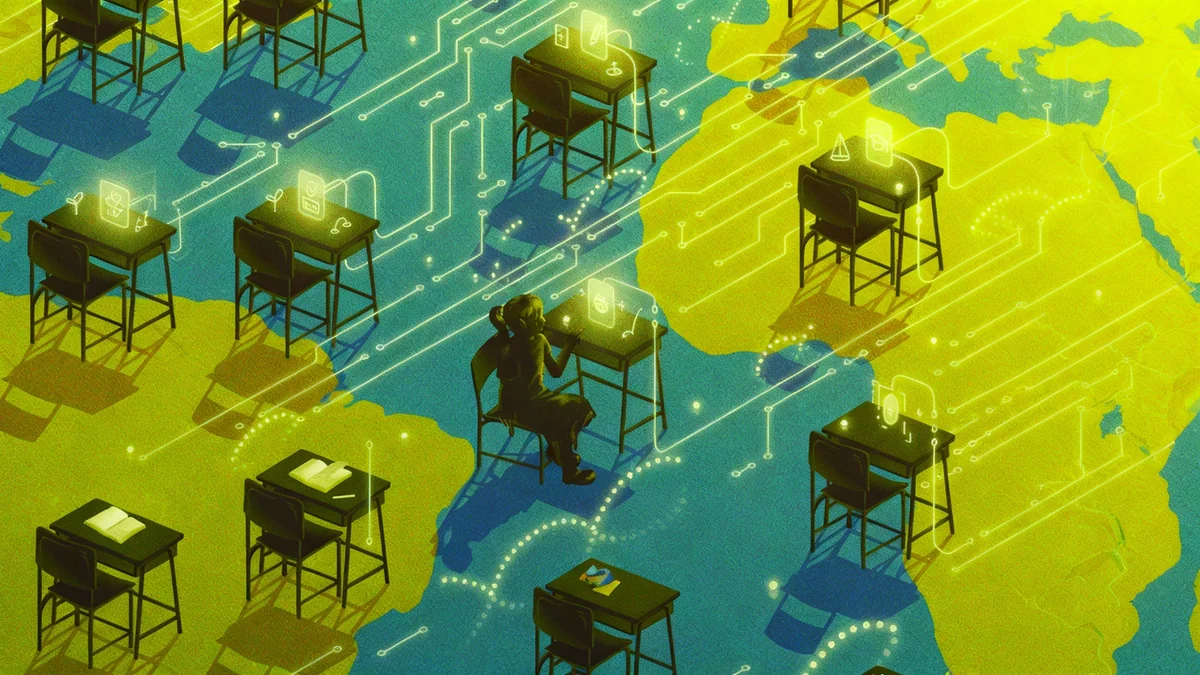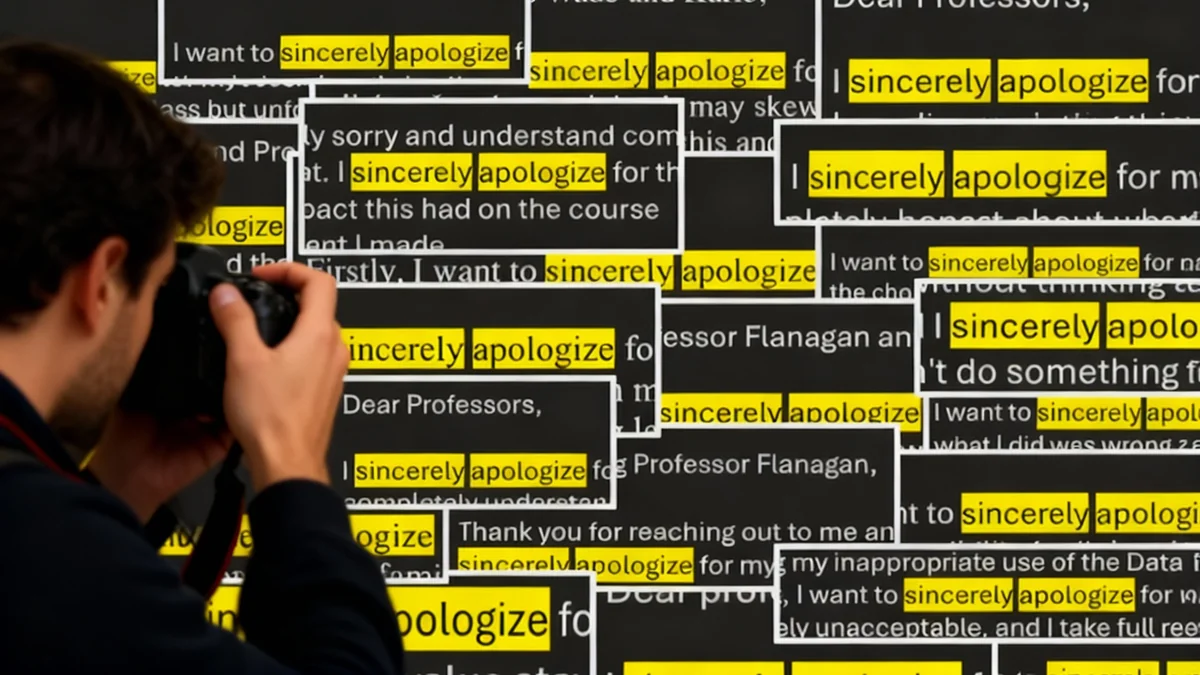Scouting America, formerly known as the Boy Scouts of America, has introduced two new merit badges focused on artificial intelligence (AI) and cybersecurity. This initiative aims to equip young people with crucial skills in rapidly evolving digital fields. The organization, which serves approximately one million scouts, offers hundreds of badges that encourage skill development and exploration of new subjects.
Key Takeaways
- Scouting America adds AI and Cybersecurity merit badges.
- The new badges aim to keep scouting relevant in a digital world.
- Scouts will learn about AI's impact and cybersecurity threats.
- The program introduces young people to in-demand tech careers.
- Some scouts have already earned the new badges, finding them engaging.
Adapting to a Digital Future
The introduction of these new badges is part of a broader strategy by Scouting America to remain relevant in a world increasingly shaped by technology. The organization recognizes the importance of engaging youth with topics that are central to modern life and future careers.
Roger Krone, CEO of Scouting America, emphasized this goal. He stated,
"What we’re trying to do with the merit badge program is put together these badges around topics that the youth today are interested in."This approach ensures that the scouting experience provides valuable knowledge and skills that resonate with current generations.
Background on Scouting America
Scouting America has a long history of adapting its programs to reflect societal changes. Merit badges have always been a core component, encouraging scouts to learn about diverse subjects, from traditional outdoor skills to modern scientific fields. The organization's commitment to youth development remains a central mission.
Exploring Artificial Intelligence
The new AI merit badge challenges scouts to investigate the widespread effects of artificial intelligence on daily routines. Participants will learn how AI influences various aspects of society, from personalized recommendations to automated systems.
A key focus of the AI badge is understanding the implications of deepfakes. Scouts will gain knowledge about how this technology works and its potential impacts, promoting critical thinking about digital content. The badge also requires scouts to complete a project. This project must either incorporate AI technology or explain AI concepts in a way that other scouts can easily understand.
Scoutly: An AI Assistant
This is not Scouting America's first engagement with AI. The organization launched an AI chatbot named Scoutly during the summer. Scoutly helps answer questions about the organization and its extensive merit badge program, providing immediate information to scouts and their families.
Building Cybersecurity Skills
The cybersecurity merit badge focuses on practical skills for digital safety. Michael Dunn, an Air Force officer who collaborated with Scouting America to develop this badge, explained its purpose. He said it teaches young people the necessary tools
"to stay safe and also keep themselves and their families secure against all of the threats that are out there."
The badge covers essential cybersecurity practices, helping scouts understand common digital risks and how to protect against them. This includes learning about secure online habits, identifying phishing attempts, and understanding basic network security principles.
Addressing Workforce Needs
Dunn also highlighted another significant benefit of the cybersecurity badge: introducing scouts to a critically underserved industry. He noted that thousands of cybersecurity jobs remain unfilled due to a shortage of skilled professionals. By exposing young people to this field, Scouting America hopes to inspire future careers in cybersecurity, addressing a vital national need.
Early Adoption and Positive Feedback
The new badges have been available for approximately one week, and some scouts have already successfully earned them. Among the early achievers are brothers Charles, 13, and Wydell Hendricks, 15.
Charles Hendricks shared his experience with CNN, stating that earning the cybersecurity badge was "more fun than it is work." He added that the experience has encouraged him to consider potential career paths in the cybersecurity sector.
Wydell Hendricks, who plans to pursue a cybersecurity role in the Air Force, also gained valuable insights. He learned more than just technical skills. Wydell observed,
"I think this badge also teaches you ethics, which is a good thing to have as a scout."This highlights the comprehensive nature of the new programs, which go beyond technical instruction to include important ethical considerations.
- Age Group: The badges are designed for scouts of various ages, making complex topics accessible.
- Skill Development: Scouts develop analytical and problem-solving skills relevant to modern technology.
- Career Exposure: The program serves as an introduction to high-demand technology careers.
- Ethical Awareness: Emphasis is placed on responsible technology use and digital ethics.
The Future of Scouting Education
Scouting America's move to integrate AI and cybersecurity into its merit badge program reflects a proactive approach to youth education. By offering badges in these critical areas, the organization ensures that scouts develop skills that are not only relevant today but will also be essential for the future. This commitment supports young people in navigating a complex digital landscape and prepares them for future opportunities.
The organization plans to continue evaluating new technologies and interests to keep its programs current and engaging. This ongoing adaptation helps Scouting America maintain its role as a leading youth development organization.





